Here’s the DH Lawrence poem in full:
I am not a mechanism, an assembly of various sections.
And it is not because the mechanism is working wrongly, that I am ill.
I am ill because of wounds to the soul, to the deep emotional self
and the wounds to the soul take a long, long time, only time can help
and patience, and a certain difficult repentance
long, difficult repentance, realization of life’s mistake, and the freeing oneself
from the endless repetition of the mistake
which mankind at large has chosen to sanctify.
D.H. Lawrence
It’s a poem that’s been hovering on my consciousness for a few months now. There is so much in it that’s challenging to current received wisdom.
Its form seems to speak to the ebb and flow of human life and being. I’m struck by the way so many words are used twice – repetition whether in poems or in life is sometimes seen as lack of imagination, yet it’s at the root of any practice (artistic, religious, spiritual, domestic, sporting), including daily dog walks where the ‘blessedness of repetition’ helps me enter more deeply into the various environments around my home.
It’s almost as if Lawrence wants to make sure we’ve really heard certain words – mechanism, ill, wounds to the soul, time, difficult repentance, mistake. A therapeutic writing exercise, which I just thought of, might be to write one’s own poem or story employing those words.
Immediately, I’m imagining a fairy-tale watchmaker (mechanism, time), losing himself in his art and then remember my cousin’s Polish father-in-law who is a collector of clocks and his astonishing wartime experiences. He tells them as wonderful stories but I suspect they hold horrors and trauma. I’m back now to the last two lines of Lawrence’s poem and the idea of mistakes ‘mankind at large has chosen to sanctify’.
More and more, I’m interested in the idea of ‘ancestral grief’ and that one possible reason my generation (50-ish) is so anxious and depressed, addicted and eating disordered, is to do with suffering of our parents and grandparents during the twentieth century. My step-father’s father was at Gallipoli and returned a broken man, Harry himself was a POW on the Thai-Burma railway alongside Ronald Searle, whose harrowing sketches of their experiences (made when he weighed six stone and was on the point of death) are a powerful evocation of a life full of beatings and brutality that included waking up one day with a dead friend either side and a snake at his head. Harry, like Ronald Searle, was outwardly one of the merriest, most life-loving people I’ve ever met. When I commented on that, he’d say ‘Because I’m here, darling, because I’m here’. He lived to 84 but never had children of his own and I sometimes wonder whether his own life and that of his father gave him a sense of Larkin’s deepening coastal shelf.
Last Friday, I pulled the car off the road to listen to the end of a powerful radio play that speaks to the theme of ‘a certain difficult repentance’ and a mistake mankind had ‘chosen to sanctify’. By Gillian Plowman, ‘Gracey and Me’ concerns a young British girl sent to South Africa during apartheid and her relationship with the family servant. The end is like a thriller, with all kinds of twists and turns, both in the action and in the complex moral standpoints. It’s available to listen to on Gillian Plowman’s website and highly recommended.
7 Comments
Leave A Comment
You must be logged in to post a comment.



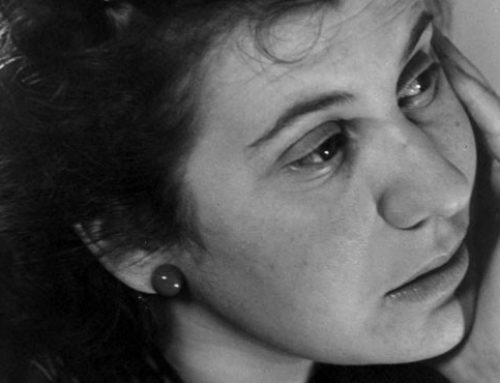
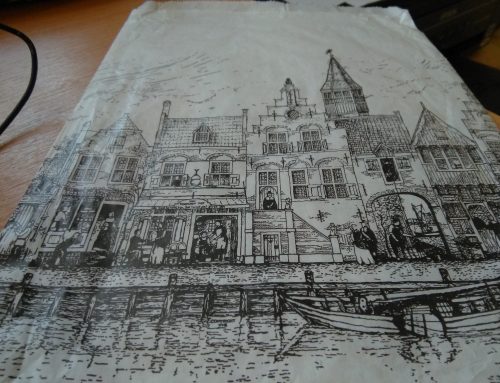
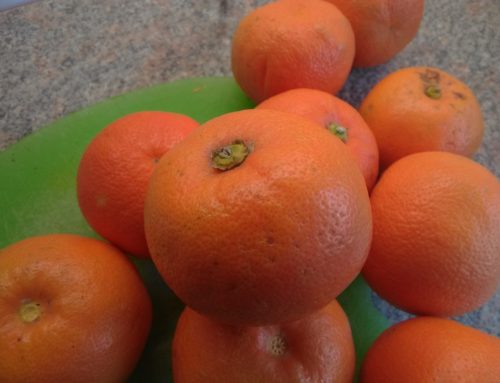
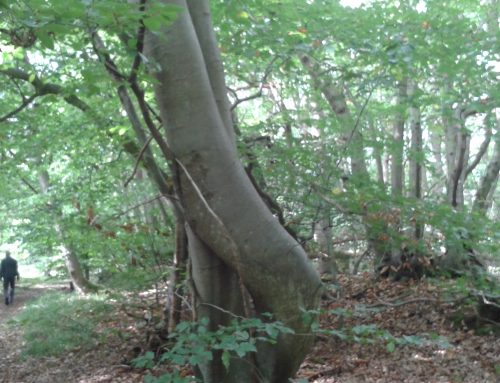
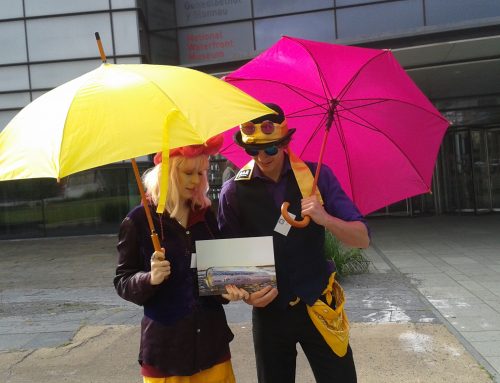
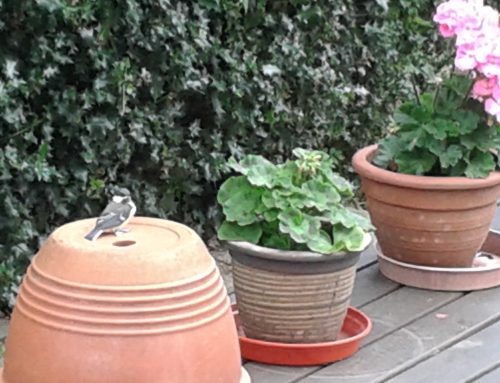


What a wonderful, thoughtful post, Victoria. The topic of ancestral grief has come up several times in comments on my blog, where people have found shared patterns in dreams running through generations of their family. I don’t doubt for one moment that there are currents in the individual psyche that flow from ancestors a person may never have met, but I hadn’t thought about it in the specific circumstances of children of parents who founght in the two world wars.
Insightful, as ever, thank you. Much to think about re ancestral grief. Yes, I think we carry in our cells memories and hurts that extend beyond the boundaries of our own skin. I’m never sure that skin is a very tight boundary anyway. Where do we end, and others begin? I’m reminded of group dreaming, or dream-sharing …. Anyway, that’s another subject. But I certainly think we ‘bear one another’s burdens’ (and joys?) in ways of which we’re not entirely conscious.
Thanks Jenny and Kate – fascinating that you both mention dreaming. Wouldn’t it be great if kids began the school day sharing their dreams and someone recorded them? Love to both x
What a powerful poem. Because of the awfulness of my own family history I tried to read it ‘objectively’ and appreciate it for what it is – an amazing piece of writing. But I found I couldn’t disassociate myself which was good because it made me think not of what I have inherited but what I can pass on to my own children.
Beautiful post Vicky.
What a poem of truths. Interesting to me as I have just come back from Northern Ireland, where I grew up. Such ancestral thoughts have been weighing on my mind and not just of grief, but sadly I was thinking of anger bitterness -tight hearted negative feelings which run contrary to the flow of human goodness. Obviously spoken beliefs can be passed on from one generation to the next, but what I felt strongly on this last visit was an awareness of how deeply seated, cellular even, prejudices etc can be. Isnt all of this what evolution is about? Slowly absorbing stuff…….right down to the marrow. Fascinating. Thanks.
I read “the endless repetition of the mistake which mankind at large has chosen to sanctify” completely differently to other people. I read it to be when we are living our life following society’s demands rather than listening to our own soul and living an authentic life based on our own beliefs.
I read the poem completely differently to other people. I thought it was referring to when we are living our life following society’s demands rather than listening to our own soul and living an authentic life based on our own beliefs. That sickness is caused by this lack of authenticity in ourselves, not the sickness passed by other generations.